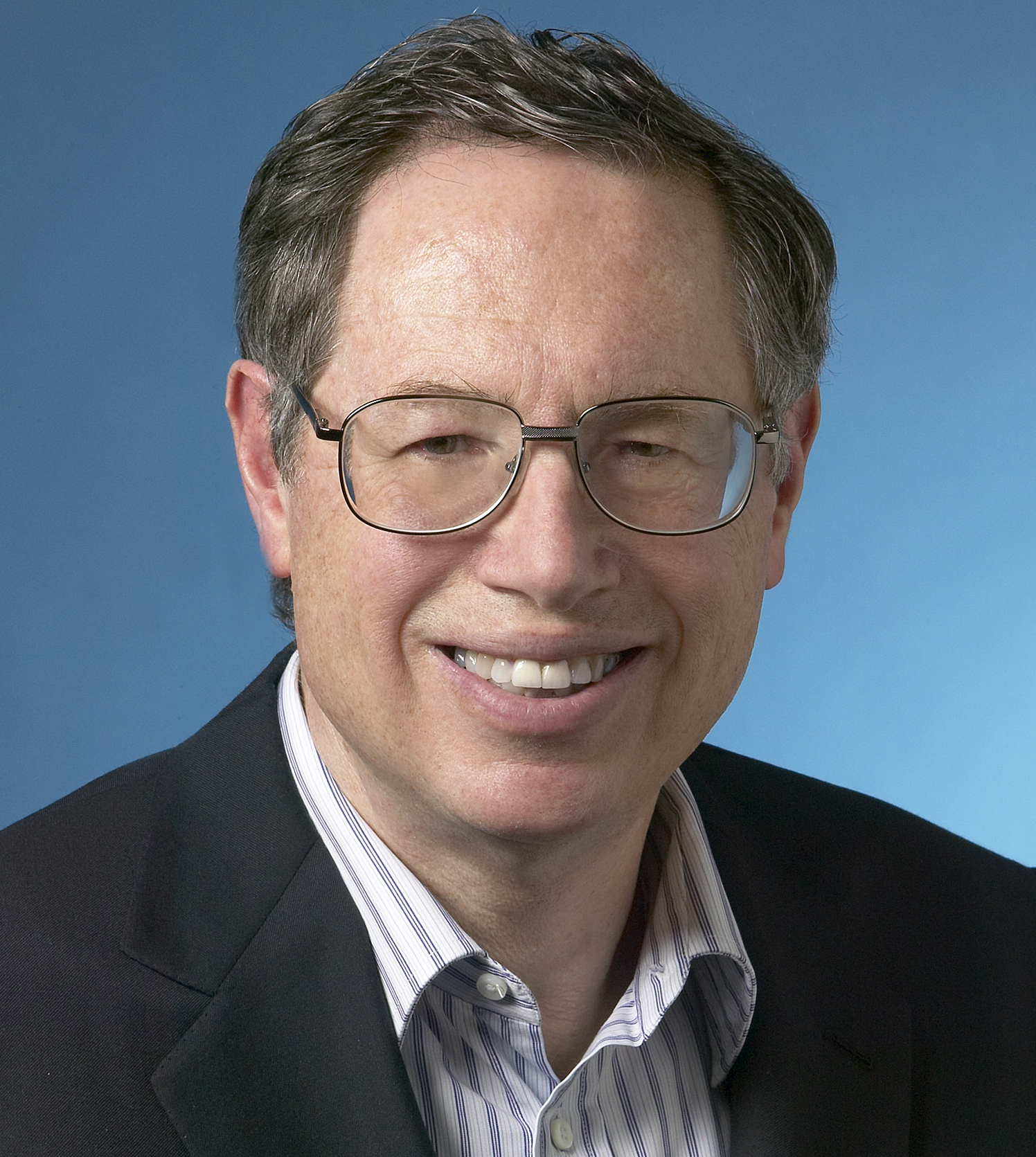


We like to say work will always be work no matter how much you enjoy it. Most of us settle for something because we have to make a living but what we choose to do for work directly impacts the quality of our life.

out weight the greater loss in skills."ĭavid would pose a statement, "If we treated careers more like dating nobody would settle down so quickly." This has me thinking about the choice of work. "The benefits to increased match quality. The effect of general and specific education on labor market outcomesĪ study he conducted on English, Scottish, and Wales college graduates. The role of technology in the formation of human capital His research is concentrated in three substantive areas:Įducational investments over the life course This is typically allied in economics.Įnter Ofer Malamud is an economist focused on education policy from an international perspective. Match Quality: The degree of fit between the work someone does and who they are. We've been unpacking the myth of starting early and specializing early, but what about those that started late? Of course their many examples of those who started late and became prolific. If you missed the previous chapters you can find them here:Ĭhapter 2 - How the Wicked World Was MadeĬhapter 3 - When Less of the Same Is MoreĬhapter 5 - Thinking Outside Experience Chapter 6 - The Trouble with Too Much Grit The book is about being broadly curious to solve problems more effectively. Or if you are a curious person might berate themselves having too many interests. If the quote," jack of all trades, master of none." resonates with you, this book will fascinate you. Why generalists succeed in a specialized world? Who should read this?Īll books have a thesis they attempt to answer, and Range's subtitle gives away the thesis right on the cover! They’re also more creative, more agile, and able to make connections their more specialized peers can’t see. Generalists often find their path late, and they juggle many interests rather than focusing on one. He discovered that in most fields-especially those that are complex and unpredictable-generalists, not specialists, are primed to excel. David Epstein examined the world’s most successful athletes, artists, musicians, inventors, forecasters, and scientists.


 0 kommentar(er)
0 kommentar(er)
